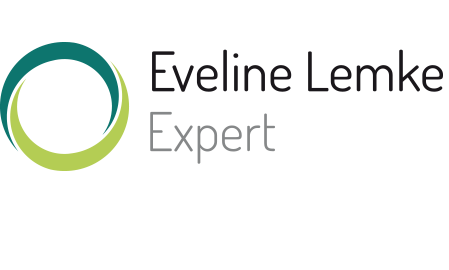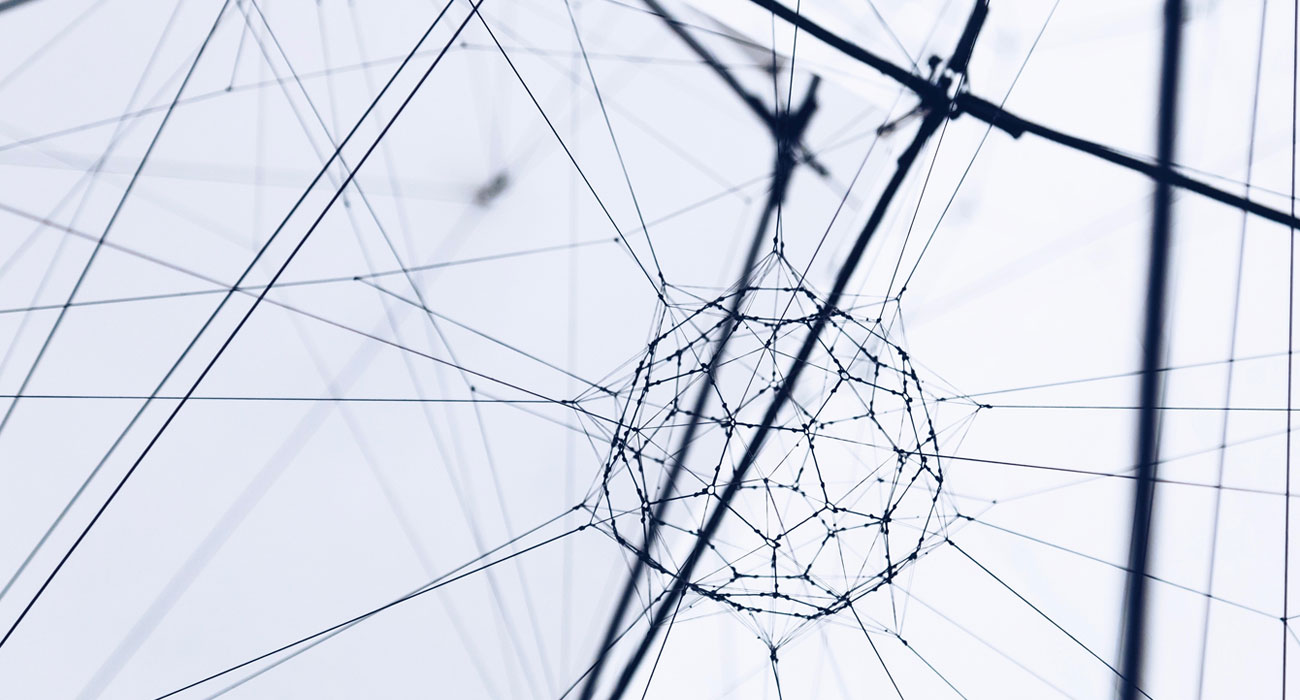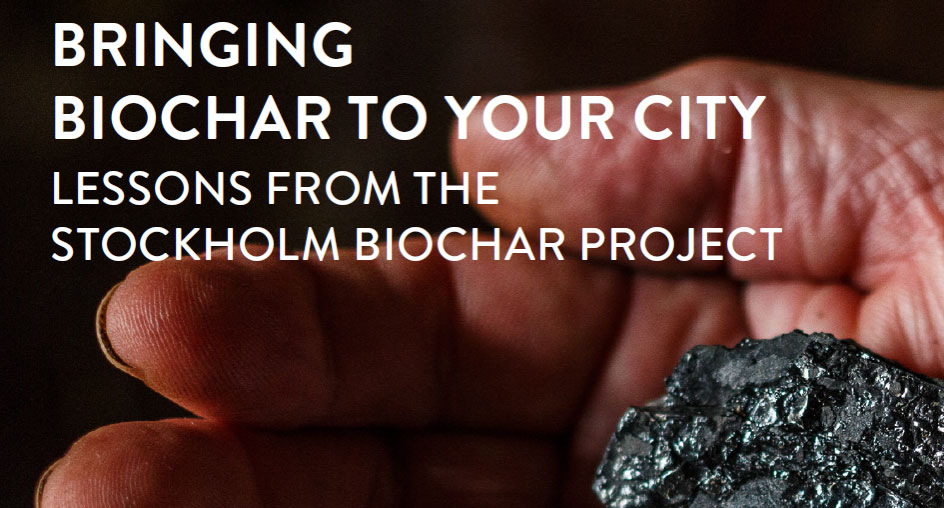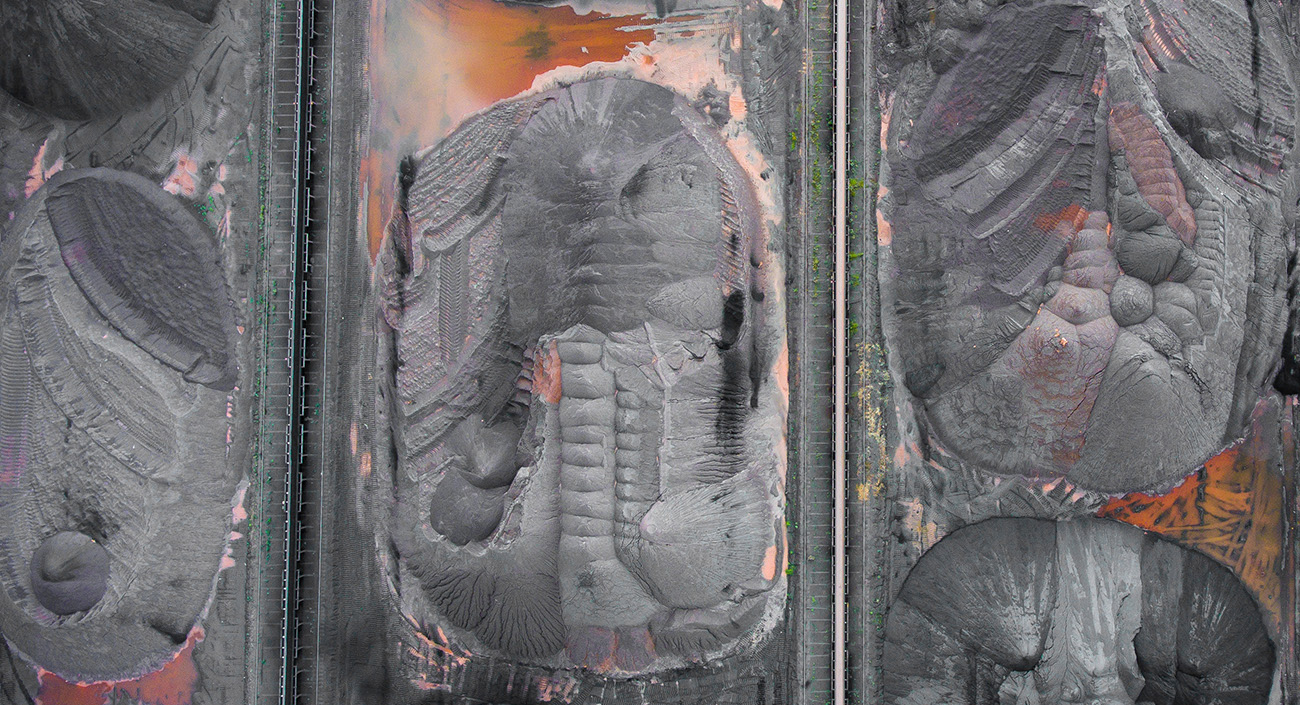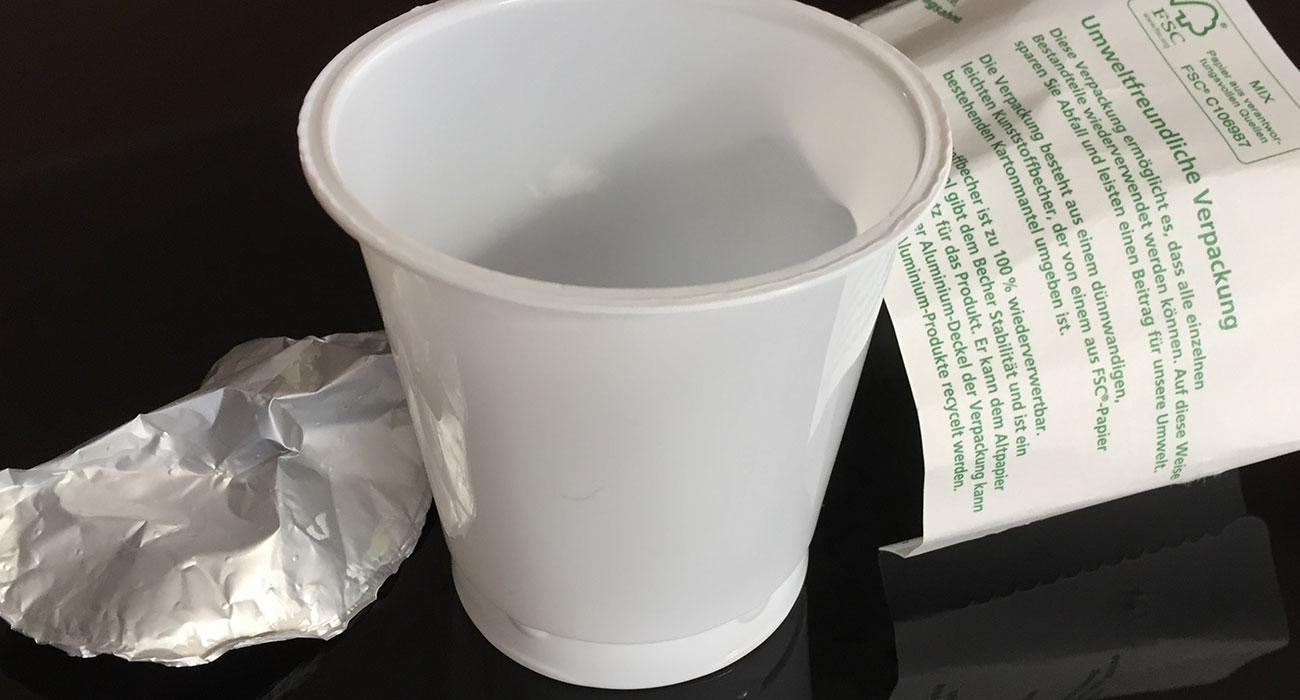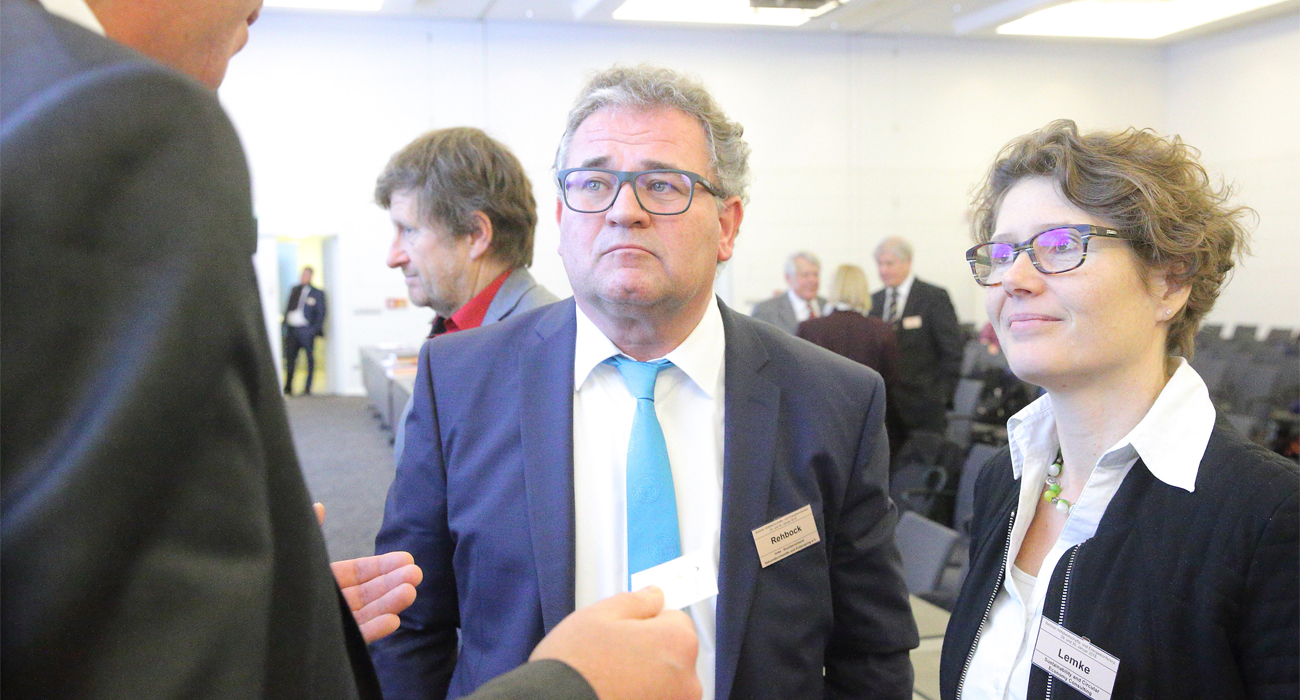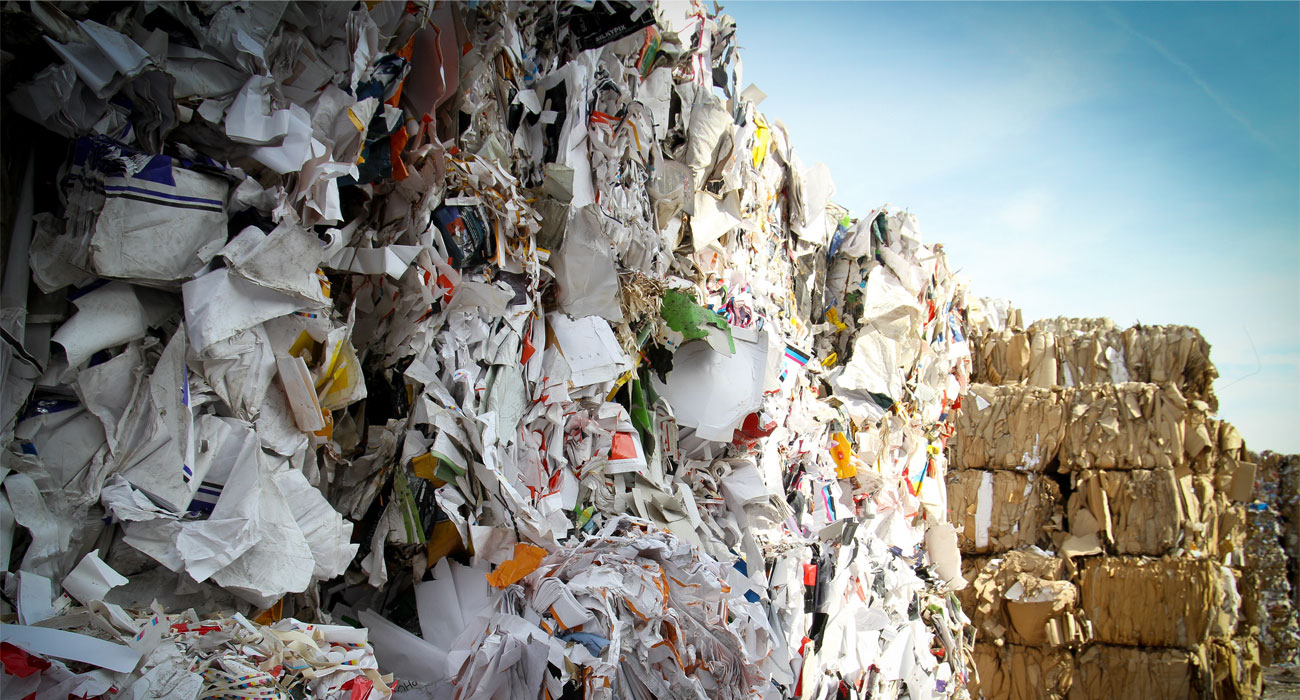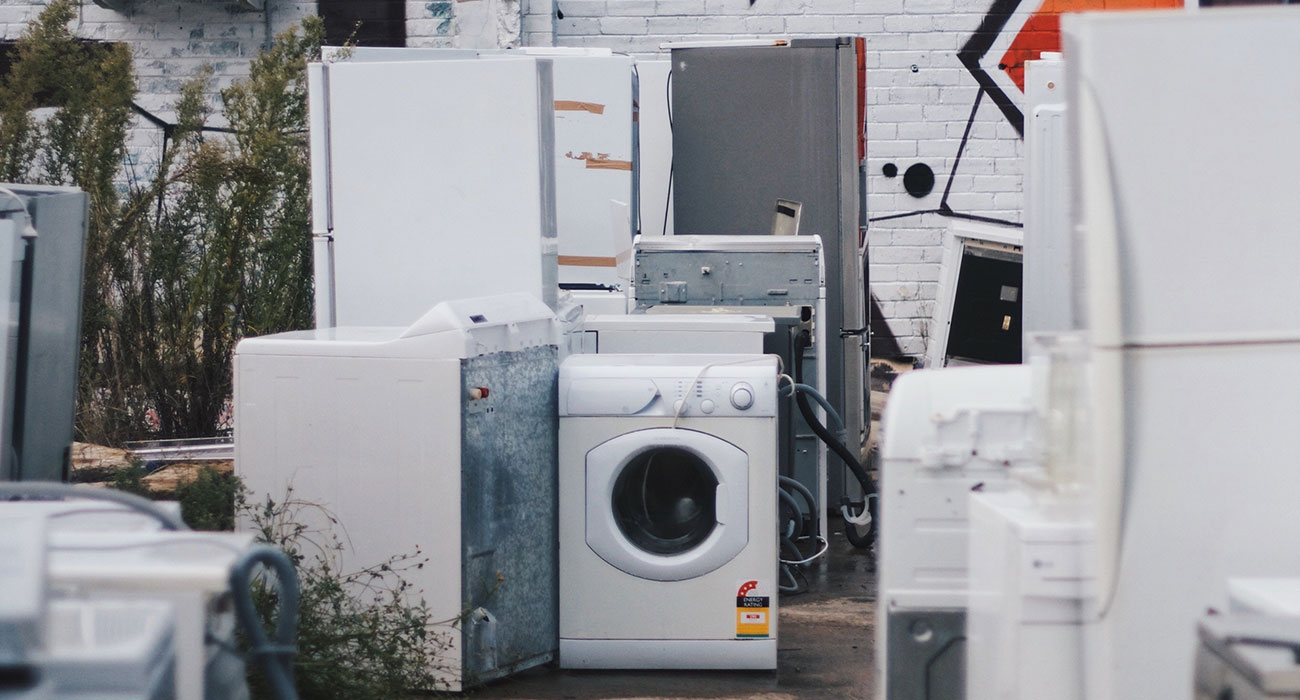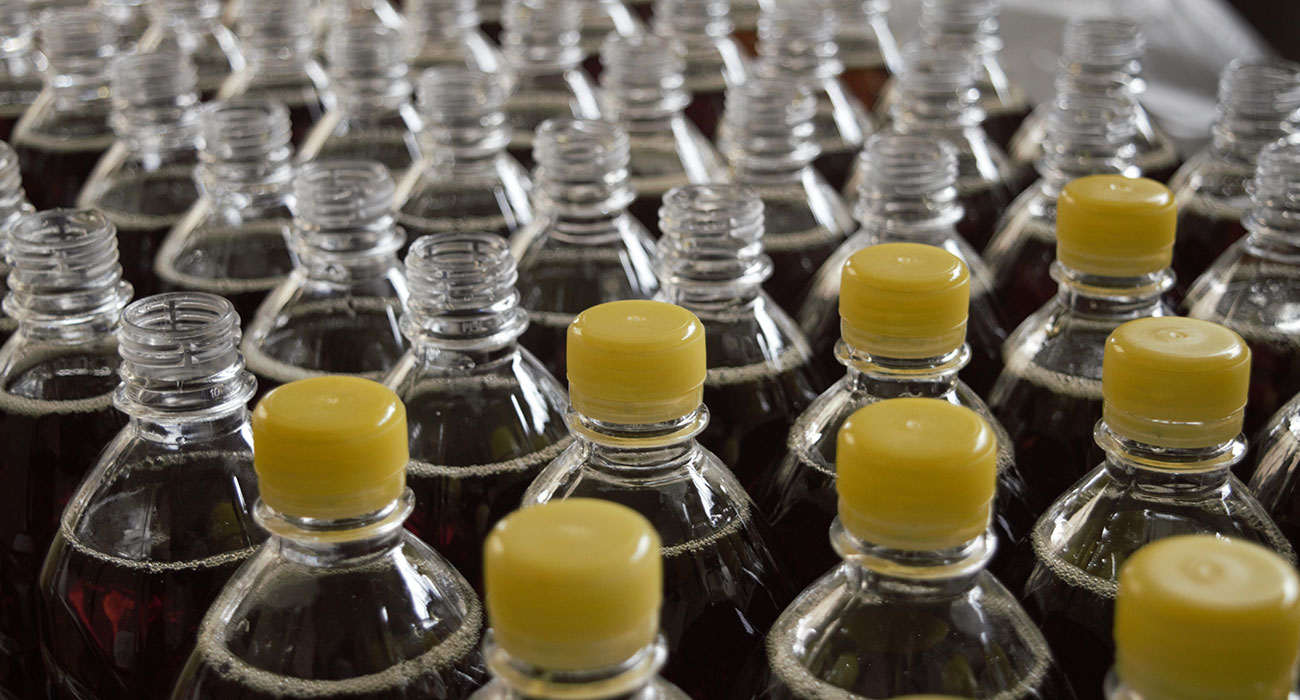The better is the enemy of the good
Our plastic packaging waste is preserved for centuries and pollutes the oceans, unless it is burned. Since the presentation of the Ellen McArthur Foundation at the World Economic Forum in Davos in 2018, no one seriously denies this and has triggered disruptive changes. What was once dismissed as an issue for tree huggers is developing into innovative business models in many industries....


